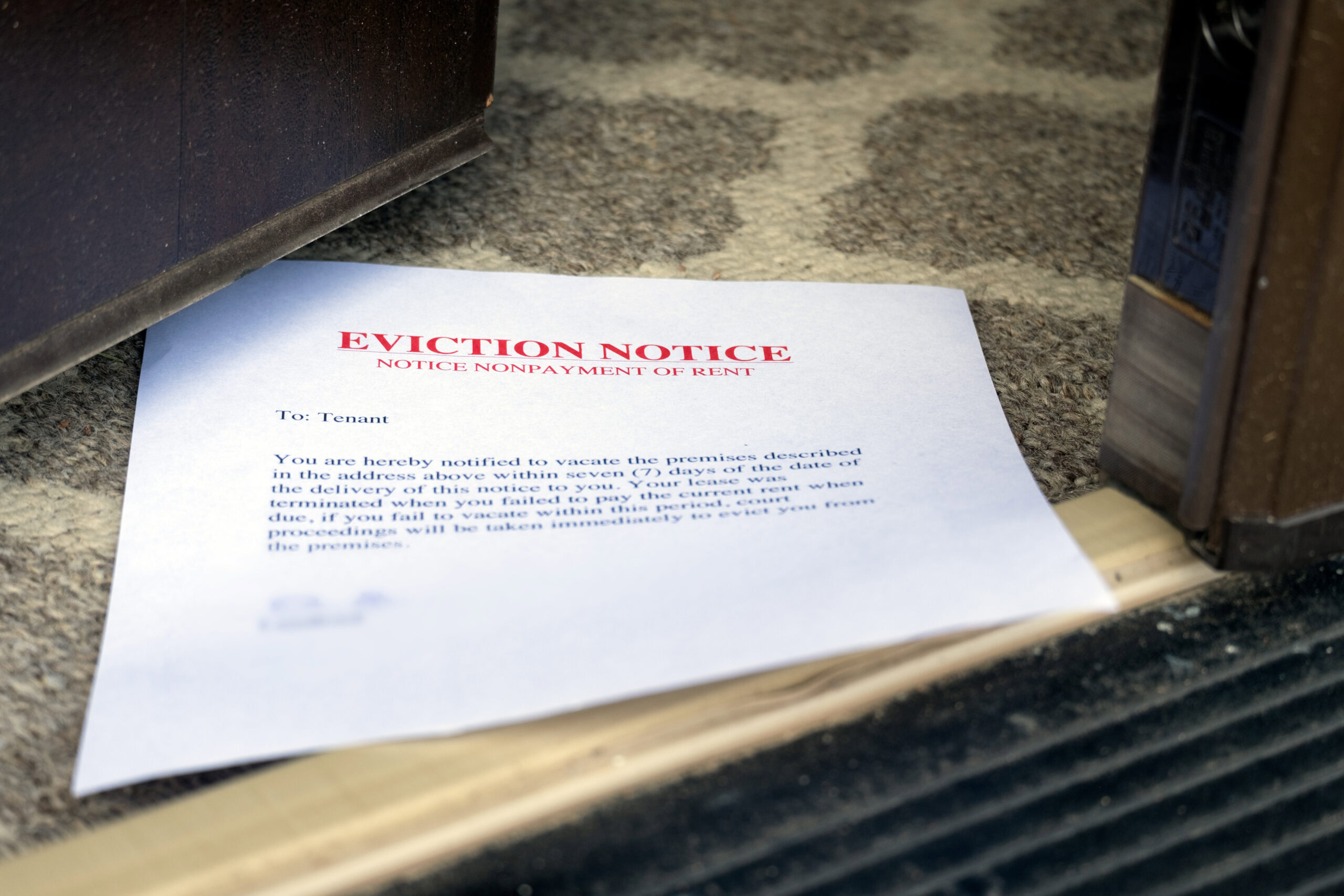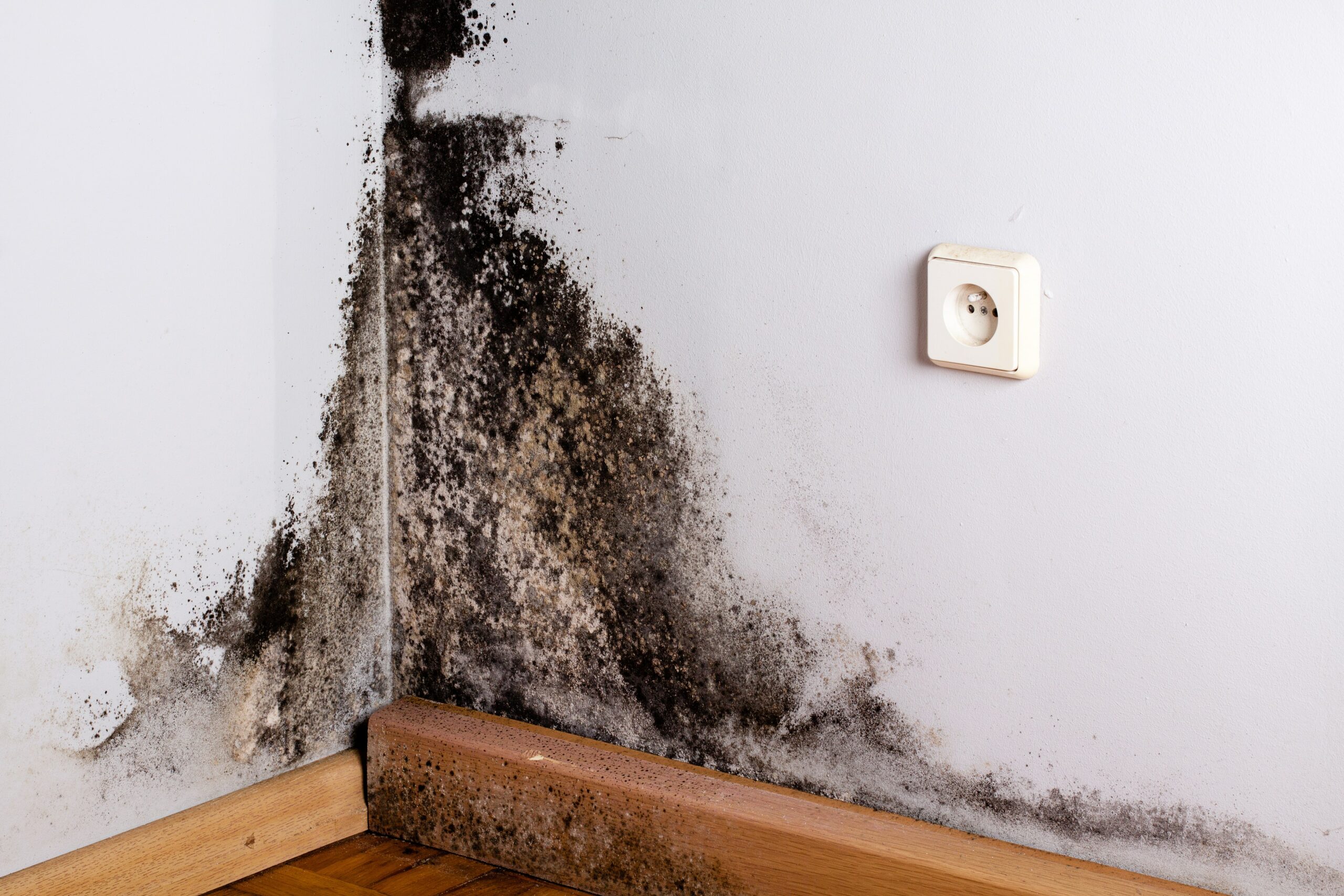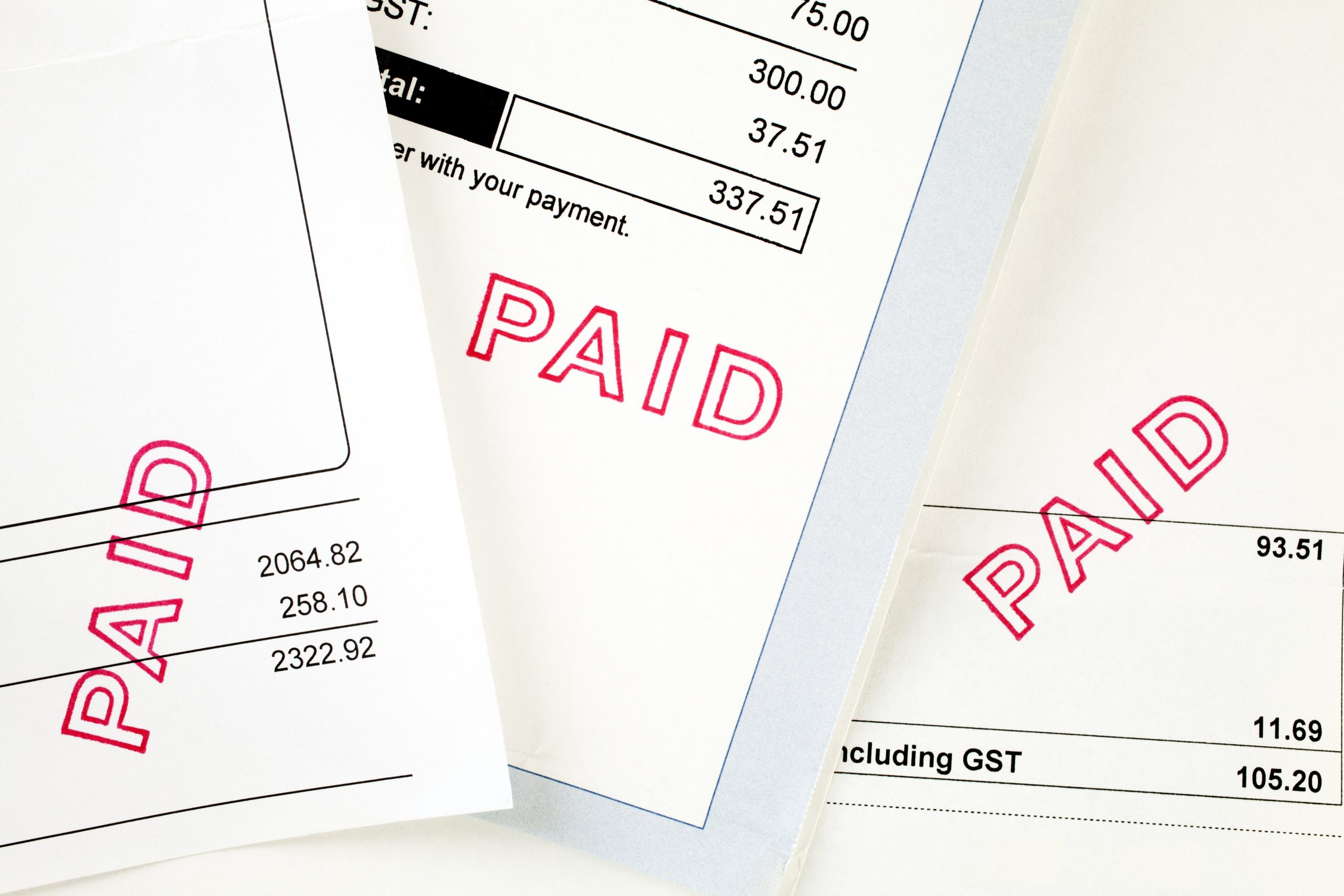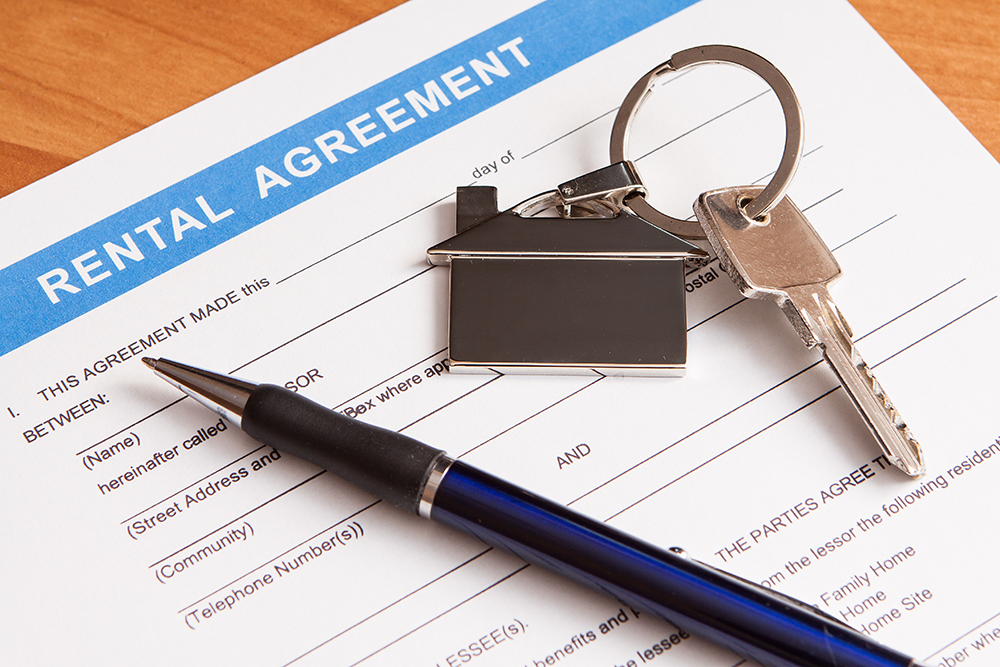Over the last year, the average void period has increased to 24 days (up from 22 days previously). The steady rise in the cost of rent also means that landlords are missing out on even more income; for letting agents, it also means a loss of commission.
If void periods persist it can also have a detrimental effect on relationships with clients and lead to a downturn in future business. Here, we look at what you can do as a letting agent to minimise void periods and what to do if they can’t be prevented.
What are void periods?
A void period is when a rental property is empty. In most cases this happens because a tenant has moved out and new tenants have yet to move in. However, a property may be empty because it needs significant repairs that can only be done when it’s vacant.
Properties that are being rented for the very first time can also have extended void periods while it’s being prepared. For example, if a landlord needs a licence or while you’re waiting for gas safety and electrical checks to be carried out.
What are the potential cost implications during void periods?
Lost rent is the obvious cost implication, with landlords losing an average of £1,056 over the void period, based on the average monthly rental cost of £1,339 (as of May 2025) and an average void period of 24 days.
Nevertheless, lost rent is only part of the picture as you’ll also need to factor in the cost of:
- Council tax
- Utility bills
- Ongoing maintenance
- Tenant screening
A significant cost that shouldn’t be underestimated is the time you spend continuing to market the property, arranging viewings, and liaising with landlords.
How can you prevent void periods from happening?
Void periods are inevitable at some point during the life of a rental property, and factoring this in can help manage landlord expectations.
Ways to avoid vacant properties, include:
Good communication
Courtesy and professionalism help establish positive relationships with tenants (and landlords). Simple acts, such as responding to tenant requests or concerns promptly and following through with action, go a long way in keeping good tenants.
Maintaining open communications can also help minimise the risk of potentially big problems, such as leaks or broken locks. If tenants feel comfortable bringing up issues in the first place, you can avoid more serious problems, such as water damage from a slow leak or a break-in.
Consider different lease lengths
If you’ve already got good tenants in the property, you could approach them about extending the lease. If landlords agree to a small rent reduction, this could make the offer more appealing. Similarly, you could ask new tenants to agree to a longer lease upfront in return for a discount on rent (remember to include break clauses).
The opposite approach can also be effective, especially during extended void periods. Offering short-term leases for a few months might appeal to anyone looking for temporary stays before relocating to an area permanently.
Bear in mind though, that the Renters’ Reform Bill is expected to change all tenancies to periodic.
Invest in the property
Properties should be comfortable, functional, and appealing. It’s not about asking landlords to splash out on brand-new fixtures and fittings after every tenant, but it is about making sure the property is presentable. The basic rule of thumb is to ask yourself if you would live there.
Spaces to focus on include the bathroom and kitchen, ensuring they’re clean and modern. In some cases, providing essential appliances such as a fridge, dishwasher, or washing machine can be beneficial – especially if your rental market includes temporary military personnel or students.
Effective marketing
Exploring all marketing channels can dramatically increase the number of people you reach. As well as traditional methods, such as physical listings in your agency’s window and local newspapers, consider social media marketing, too, which can be tailored to target a specific audience.
Plan ahead
If you know a tenancy is coming to an end, ask the tenant what their plans are before the end date. Doing this can help you stay ahead by either extending the tenancy or preparing everything to market it as soon as possible.
Appeal to a wide range of renters
Some properties naturally appeal to specific types of renters, for example, students. But if you’re lucky enough to a have property with wide appeal, use it to your advantage by extending your marketing reach.
You can also appeal to a wider range of renters by ensuring any vacant properties are clean and feel ready to move into.
Set a realistic rent
Check what local rents are for similar properties to make sure you’re not asking for significantly more than local market rates. Take into account local economics and demographics, which could impact rental prices in the short term, to ensure you get the best deal for landlords (and your agency).
How to use void periods to your advantage
Having vacant property on your books is unavoidable but you can make those void periods count by:
- carrying out maintenance, for example, clearing gutters and cleaning windows, are necessary tasks and can increase a property’s appeal;
- upgrading the property where it’s needed, such as new carpets or a fresh lick of paint;
- having the property professionally deep cleaned;
- using the time to comprehensively screen potential new tenants.
How can rent guarantee insurance vacant possession cover help?
Rent guarantee insurance covers lost rent if tenants default. So, while it can’t prevent void periods, it can provide much-needed peace of mind if a property is left empty because tenants have been evicted.
As well as compensating for lost rental income, rent guarantee insurance also covers legal costs associated with eviction proceedings.
Policies from Alan Boswell Group also include vacant possession cover for up to three months after a successful claim and eviction. As part of this, 75% of the usual monthly rental amount will be paid out to landlords.
Supporting landlords with expert help from Alan Boswell Group
Renting property can be unpredictable and is often affected by factors your letting agency simply can’t control. Staying up to date with the latest news and guidance can help you prepare as best you can, protecting your business and landlords.
If you’d like to find out more about how we can support your letting agency, speak to a member of our team on 01603 649727.
Information provided in this article was correct at the time of publication. This article is intended as a guide only. Please note that legislation does change, it is always best to check the most up to date guidance on gov.uk.






























































